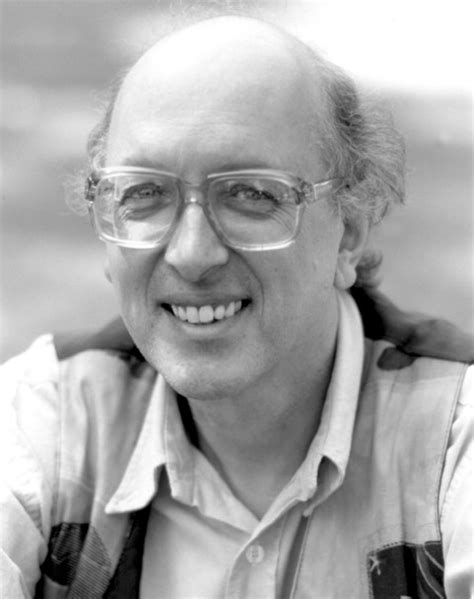A Quote by Rajneesh
Remember the word bodhichitta, because Atisha says the whole effort of religion, the whole science of religion, is nothing but an endeavor to create bodhichitta, buddha-consciousness: a mind which functions as a no-mind, a mind which dreams no more, thinks no more, a mind which is just awareness, pure awareness.
Related Quotes
With self-awareness you grow more intelligent. In awareness you learn, in self-awareness you learn about yourself. Of course, you can only learn what you are not. To know what you are, you must go beyond the mind. Awareness is the point at which the mind reaches out beyond itself into reality. In awareness you seek not what pleases, but what is true.
Remember this: with mind you will always be a loser. Even if you are victorious, your victories will be just defeats. With mind there is no victory, with no-mind there is no defeat. You have to shift your whole consciousness from mind to no-mind. Once no-mind is there, everything is victorious. Once the no-mind is there, nothing goes wrong, nothing can go wrong.
The very problem of mind and body suggests division; I do not know of anything so disastrously affected by the habit of division as this particular theme. In its discussion are reflected the splitting off from each other of religion, morals and science; the divorce of philosophy from science and of both from the arts of conduct. The evils which we suffer in education, in religion, in the materialism of business and the aloofness of "intellectuals" from life, in the whole separation of knowledge and practice -- all testify to the necessity of seeing mind-body as an integral whole.
Actual knowledge is identical with its object: in the individual, potential knowledge is in time prior to actual knowledge, but in the universe as a whole it is not prior even in time. Mind is not at one time knowing and at another not. When mind is set free from its present conditions it appears as just what it is and nothing more: this alone is immortal and eternal (we do not, however, remember its former activity because, while mind in this sense is impassible, mind as passive is destructible), and without it nothing thinks.
It is not a question of sitting silently, it is not a question of chanting a mantra. It is a question of understanding the subtle workings of the mind. As you understand those workings of the mind a great awareness arises in you, which is not of the mind. That awareness arises in your being, in your soul, in your consciousness.
One of the names of Buddha is TATHAGATA - one who lives in suchness, one who has become free from all the distractions of the mind. And the miracle is that the mind consists only of distraction, so once you are free of all distractions there is no mind left. In the present there is no mind. In the present there is only consciousness, awareness, watchfulness.
Synchronicities, epiphanies, peak, and mystical experiences are all cases in which creativity breaks through the barriers of the self and allows awareness to flood through the whole domain of consciousness. It is the human mind operating, for a moment, in its true order and moving through orders of increasing subtlety, reaching past the source of mind and matter into creativity itself.
The most powerful prayer, one well-nigh omnipotent, and the worthiest work of all is the outcome of a quiet mind. The quieter it is the more powerful, the worthier, the deeper, the more telling and more perfect the prayer is. To the quiet mind all things are possible. What is a quiet mind? A quiet mind is one which nothing weighs on, nothing worries, which, free from ties and from all self-seeking, is wholly merged into the will of God and dead to its own.
The reading of the word of God should be performed in solitude, in order that the whole mind of the reader might be plunged into the truths of the Holy Scripture, and that from this he might receive warmth, which in solitude produces tears; from these a man is wholly warmed and is filled with spiritual gifts, which rejoice the mind and heart more than any word.
One way of saying that is that there is an objective reality beyond our mind. A way to think of this in a philosophic sense is to look between the two great extremes: the idealist philosophy that says mind and consciousness is the only thing and that matter is simply an illusion, or a Maya, the product of mind; and the other extreme, a strict materialist determinism, which says that mind and consciousness is a secondary phenomenon of the collision of matter.
Life and death are nothing but the mind. Years, months, days, and hours are nothing but the mind. Dreams, illusions, and mirages are nothing but the mind. The bubbles of water and the flames of fire are nothing but the mind. The flowers of the spring and the moon of the autumn are nothing but the mind. Confusions and dangers are nothing but the mind.

































